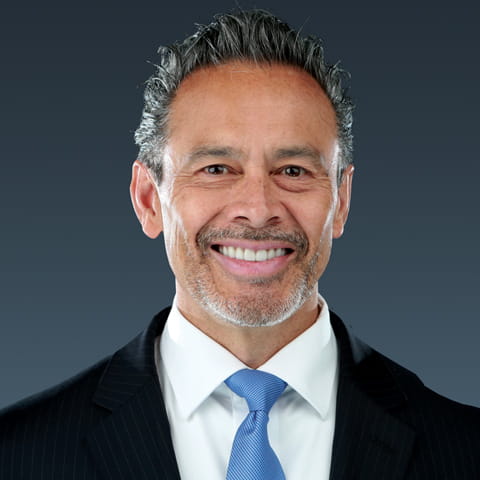Five steps state and local governments should take to speed recovery this hurricane season

Experts are again predicting an above average frequency of storms for the 2022 hurricane season that is now in progress. Is your government entity prepared? Read on for insights and best practices to help state and local governments speed response and recovery efforts this hurricane season.
1. Review insurance policies and requirements
Safeguarding assets helps protect your community when disasters strike. If you have received federal assistance before, it is important to ensure your organization abides by any “obtain and maintain” insurance requirements. This important step can save you time and effort when requesting federal assistance. Identifying these requirements ensures that your entity is maximizing federal funding and is in compliance with federal policies.
2.Establish and communicate an emergency and disaster timekeeping policy
Labor costs for emergency and disaster planning may be eligible for reimbursement – but not if you don’t have a valid emergency/disaster timekeeping policy. Be sure to communicate these policies to your organization’s various departments to ensure employees are producing appropriately detailed and organized timekeeping records for potential reimbursement. Make sure that the labor policy is not contingent on federal funding or a federal disaster declaration and is consistently applied regardless of a presidential declaration.
3. Review disaster service contracts
Confirm that your contracts are valid, especially your debris and recovery service contracts, and that the proper procurement clauses are incorporated. This can save significant effort, time, and money during the critical stages of recovery. Once disaster strikes, it is important to have these contracts in place to ensure timely response efforts occur.
4. Demonstrate work required
It is important to know that your organization is responsible for demonstrating that work required is a result of the declared incident. Before an incident occurs is the time to document the current condition of all your facilities as it may be required to provide proof of facility maintenance. Take pictures, and collect maintenance records, inspection details, etc., to show that your facilities are maintained. This will also help with providing information on what exactly was damaged due to the storm.
5. Review emergency or exigent procurement procedures
A non-competitive procurement may be used and is permissible during an exigent or emergency circumstance. Documentation justifying the use of these procedures include, but are not limited to, a written justification documenting and maintaining the specific conditions and circumstances that support non-competitive procurement. Your organization may require additional internal procedures to occur; therefore, be sure to review your procurement policy.
Preparing your community ahead of time will aid in a prompt response and recovery. These five best practices have little to no cost to your community, but could save millions of dollars in the long run.
Contact Us
With more than 15 years of experience, CohnReznick’s Emergency Management team is currently active in 11 states working with state and local governments to prepare for, respond to, and recover from disasters. Contact us for additional guidance.
Abby Rollins, PMP, CFE, Principal, Government and Public Sector, CohnReznick Advisory
512.499.1439
Frank Banda, CPA, CFE, CGMA, PMP, Managing Partner – Government and Public Sector Advisory
301.280.1856
Amanda Campen, Senior Manager, Government Advisory
512.499.1447
Contact
Let’s start a conversation about your company’s strategic goals and vision for the future.
Please fill all required fields*
Please verify your information and check to see if all require fields have been filled in.

Government Impact Newsletter: Collaborations with Federal, State & Local
Related services
This has been prepared for information purposes and general guidance only and does not constitute legal or professional advice. You should not act upon the information contained in this publication without obtaining specific professional advice. No representation or warranty (express or implied) is made as to the accuracy or completeness of the information contained in this publication, and CohnReznick, its partners, employees and agents accept no liability, and disclaim all responsibility, for the consequences of you or anyone else acting, or refraining to act, in reliance on the information contained in this publication or for any decision based on it.












